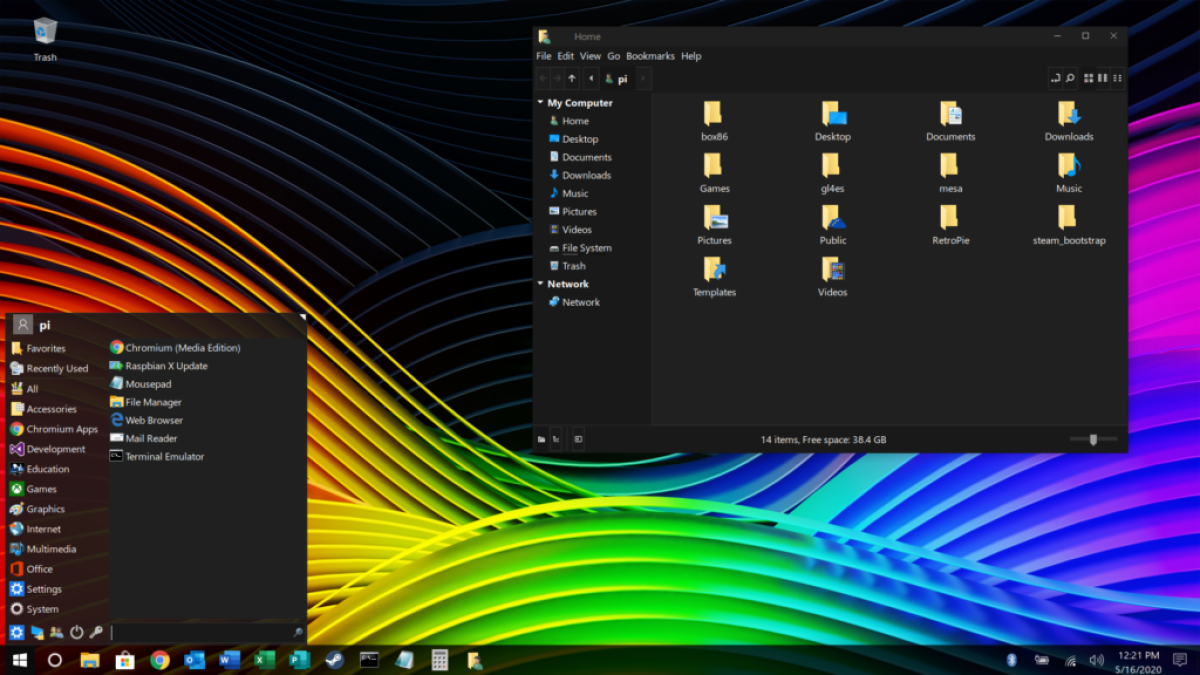
If you spin up the Ubuntu image on EC2, you should even be able to transfer the resulting executables to a Pi running the same Ubuntu and have them just work. This will provides a native ARM development environment to test and build software. If you are interested in checking whether a particular open-source tool builds and runs on a Pi 4B in 64-bit mode, one way is to spin up a 64-bit Amazon EC2 Graviton instance powered by a similar ARMv8 processor.

To get around this, many people use 64-bit operating systems on their Pi, for example Ubuntu, Gentoo or the beta release of 64-bit Raspberry Pi OS.

One incompatibility the Pi has with many open source projects is that Raspberry Pi OS by default runs in 32-bit compatibility mode.
#MAC EMULATOR FOR RASPBERRY PI SOFTWARE#
Just because the software you want to use doesn't work under emulation, doesn't mean it won't work on a Pi.Ĭhips, yeah, you're right.


 0 kommentar(er)
0 kommentar(er)
